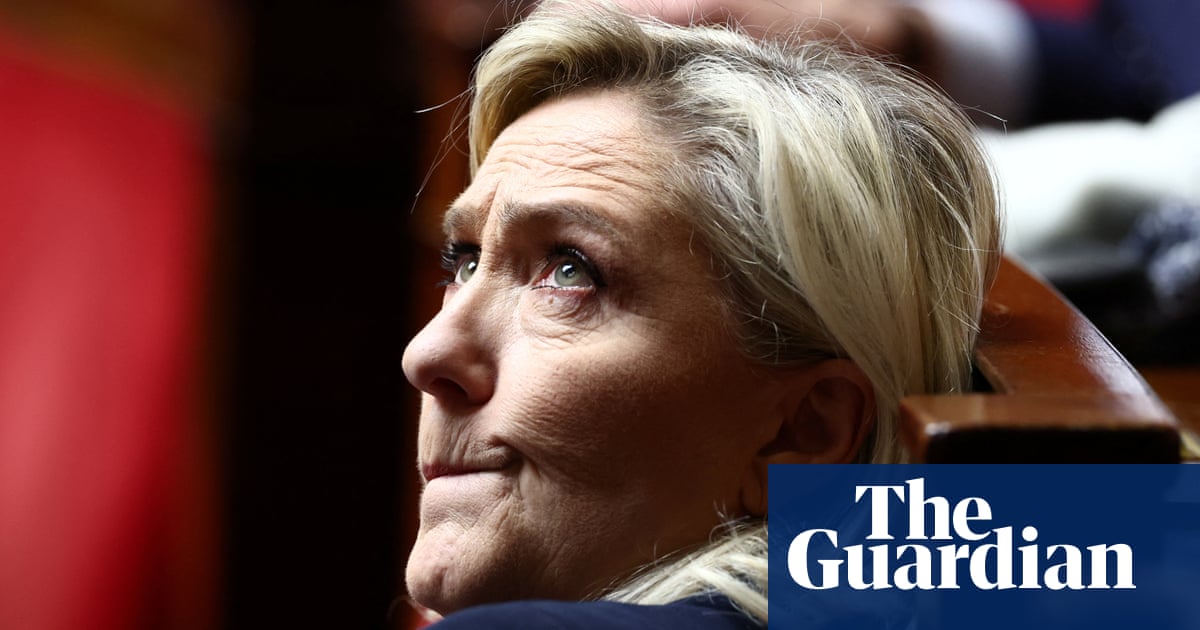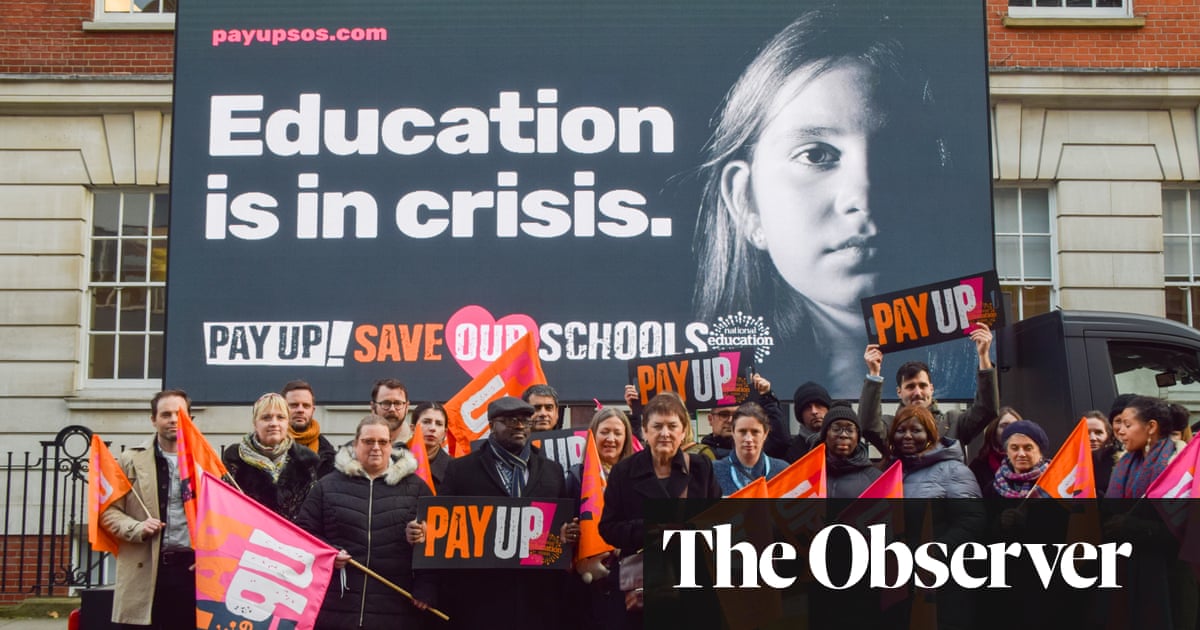
Emmanuel Macron is engaged in the battle of his career to persuade leftwing voters – many of whom have taken to the streets to oppose his government over the past five years – to turn out next Sunday and give him a second term in office.
Both Macron and Le Pen need to win over a chunk of the 7.7 million people who voted for the radical left candidate Jean-Luc Mélenchon, narrowly knocked out in the first-round ballot last week.
In the town of Trappes, south-west of Paris, where almost 61% of voters chose Mélenchon, opinion is divided about what to do next.
Le Figaro newspaper suggested that “on the presidential motorway, Emmanuel Macron is trying a subtle turn to the left”. But asked what Macron can do to woo the left, the mayor of Trappes, Ali Rabeh, a former member of the Socialist party, turned the question around. “To be honest, it would be better if he shut up because each time he opens his mouth he exasperates our voters, and this encourages them not to vote or to vote blank,” said Rabeh, who campaigned for Mélenchon.
“If Macron is going to say something it should be a clear message of compromise, not something vague like perhaps lowering his proposal for retirement at 65 to 64-and-a-half. People aren’t that asleep; that’s just playing with fire.”
Mélenchon has advised supporters that “not a single vote should go to Madame Le Pen”, but made it clear that the second-round vote is the equivalent of, as the French say, either “the plague or cholera” for those on the left. Rabeh believes – reluctantly – there is no choice.
“Le Pen is in a position to win, and if she does it will be the most vulnerable, the minorities, immigrants, those without papers, who will suffer most. I’m not going to campaign for Macron, but I don’t think we have any choice. We shouldn’t underestimate support for the far right.”
Last Sunday saw an unexpected surge for Mélenchon, who finished close behind Le Pen. Almost 22% of voters chose the radical left La France Insoumise (France Unbowed) leader and now feel “politically orphaned”, Rabeh said.
Polls suggest 30% of Mélenchon voters might vote Macron, 23% Le Pen, and the rest will abstain or vote blank next Sunday.
Trappes, whose most famous residents include actor Omar Sy, footballer Nicolas Anelka and the French comic Jamel Debbouze, has a large immigrant population, many with north African roots.
The far right has claimed that the town is a hotbed of religious radicalisation. In February, Jordan Bardella, acting leader of Le Pen’s far-right Rassemblement National, was officially put under investigation for hate speech after describing the town as an “Islamic Republic”. Rabeh, the son of Moroccan immigrants, describes this as unfair stigmatisation.
At Trappes market on Friday, Clement Likwengi, 52, a fire safety adviser, said: “People here will never vote for Le Pen for the simple reason that she represents the politics of division. I think people in France forget that Macron has revived the French economy, reduced unemployment and looked after people during the Covid crisis. He’s done the job.”
He said he would vote Macron next Sunday and hoped his son, 27, and daughter, 19, who were enthusiastic Mélenchon supporters and were “extremely disappointed” by his defeat, would do the same.
Thierry, 59, a builder, who did not want to give his full name, voted Mélenchon in the first round but said he would not support either candidate in the second. “There is nothing Macron can say to me to make me change my mind. He’s already had 10 years in public life, five at the finance ministry and five as president, so we know what he has done and will do.
“I will vote, but I will vote blank. Of course, I worry that Le Pen will win, especially for the community here in Trappes, but, as we say, fear will not stop the danger.
Hania Maouch, 47, who was shopping with her 16-year-old daughter Ghalia, said her family and friends had voted Mélenchon in the first round. She admitted many were undecided about the second.
“We were disappointed about Mélenchon. I think half will vote Macron and half won’t vote at all,” she said.
Mélenchon is consulting 315,000 party members to decide a collective response to the question of who to vote for on Sunday. In a letter to supporters he wrote: “The one and the other are not the same.”
Manon Aubry, of Mélenchon’s La France Insoumise, told the Observer it was not for the party to direct people how to vote but added: “We know Le Pen is dangerous. If both candidates have a disdain for the working class, she adds a disdain for race; if both offer liberal politics, she adds xenophobia.”
Describing Macron as “the least worst”, she added: “We have nothing to negotiate with him. It’s for him to say what he will do to address the anger many feel towards him.”
It was this anger that sparked protests at several universities including the Sorbonne and Sciences Po last week, with students shouting “Neither Macron nor Le Pen”.
On Friday, a group of elderly men from the Maghreb – sitting in the spring sunshine, chatting near Trappes market – said they had no right to vote in France, but were not particularly worried about the outcome. “Macron will win and life will go on as before,” said one. What about Le Pen’s threat to deport foreigners? “She says that, but it’s not going to happen,” he added.
Rabeh fears this nonchalance is deeply misplaced.
“Unfortunately, I think we’re just going to have to pinch our noses and vote for Macron.”












